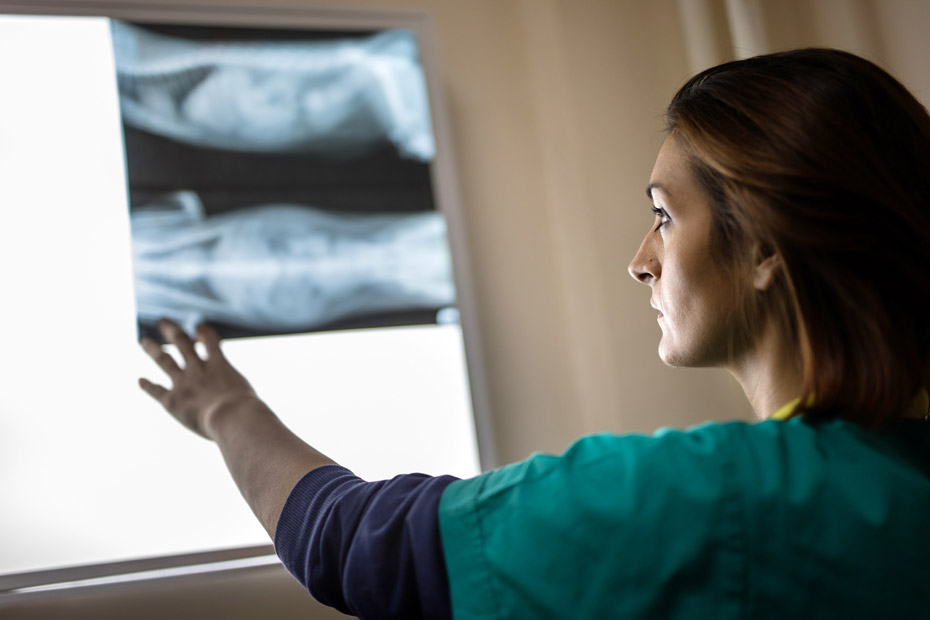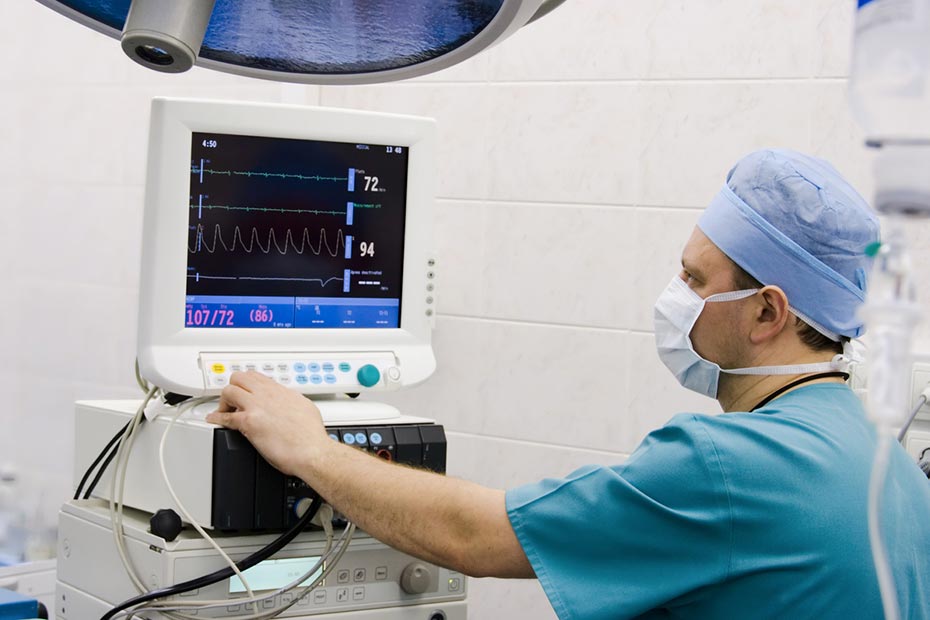Anyone. Anytime. Anything. Anywhere. Can you live up to this motto? If yes – then Emergency Medicine just might be the right fit for you. Join Andrew Pauls as he chats with Dr. Kaif Pardhan, FRCPC and Dr. Andrew Chang, PGY2. Tune in as the two guests provide their first hand advice on what makes a good Emergency Medicine candidate with a few ‘insider’ tips on what the selection committee looks for.
Listen on Spotify or Apple Podcasts
Specialty snapshot
Emergency physicians are medical specialists who are primarily based in hospitals and treat trauma victims and people in need of emergency care. They give the immediate care necessary to prevent death or disability due to accident or acute illness such as a heart attack.
Emergency medicine is a high-pressure, fast-paced specialty that requires a broad base of medical knowledge and a variety of well-honed clinical and technical skills. Emergency physicians must be prepared to treat patients of all ages and a nearly infinite variety of conditions and degrees of illness within time-restricted circumstances.
There are two paths to become a certified emergency medicine physician:
Path 1 is to take a one-year certificate programme in emergency medicine under the auspice of the College of Family Physicians of Canada (CFPC), which follows the basic two-year residency training in family medicine. This track is particularly well-suited for individuals wishing to work in a community emergency department.
Path 2 is to take a 5-year residency programme with the Royal College of Physicians and Surgeons of Canada. This is geared to those individuals interested in working in a larger tertiary care facility with substantial academic, administrative and research involvement. This program involves:
- a minimum of 2 years as a resident in the emergency department
- a minimum of 4 months or equivalent devoted to areas such as emergency medical services and the administrative aspects of emergency medicine; educational skills and research skills
- a minimum of 6 months devoted to achieving particular expertise either in a scholarly activity or a clinical area of emergency medicine
- a minimum of 6 months of critical care rotations that must include at least 1 month or the equivalent in each of: anesthesiology, adult critical care, pediatric critical care and cardiac care
Resource:
- CMA – Emergency Medicine Profile
- Royal College of Physicians and Surgeons of Canada – Emergency Medicine Information
- Canadian Association of Emergency Physicians
Specialty Café / Café des spécialités is produced by the Royal College of Physicians and Surgeons of Canada, and the podcast does not receive funding or other support from RBC Healthcare. This Podcast is promoted by Royal Bank of Canada with the permission of the Royal College. © The Royal College of Physicians and Surgeons of Canada, 2022. All rights reserved.
This article is intended as general information only and is not to be relied upon as constituting legal, financial or other professional advice. A professional advisor should be consulted regarding your specific situation. Information presented is believed to be factual and up-to-date but we do not guarantee its accuracy and it should not be regarded as a complete analysis of the subjects discussed. All expressions of opinion reflect the judgment of the authors as of the date of publication and are subject to change. No endorsement of any third parties or their advice, opinions, information, products or services is expressly given or implied by Royal Bank of Canada or any of its affiliates.



















